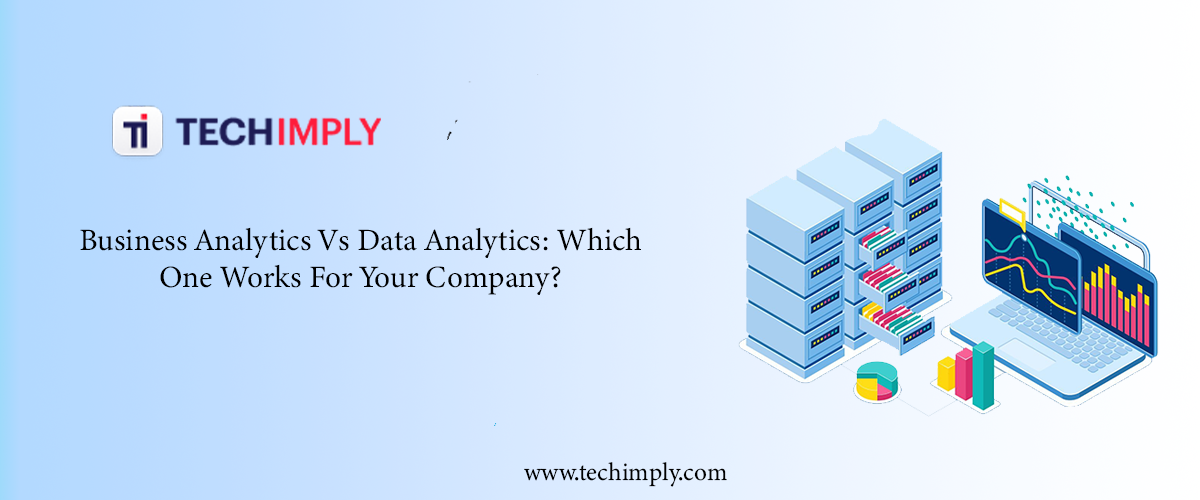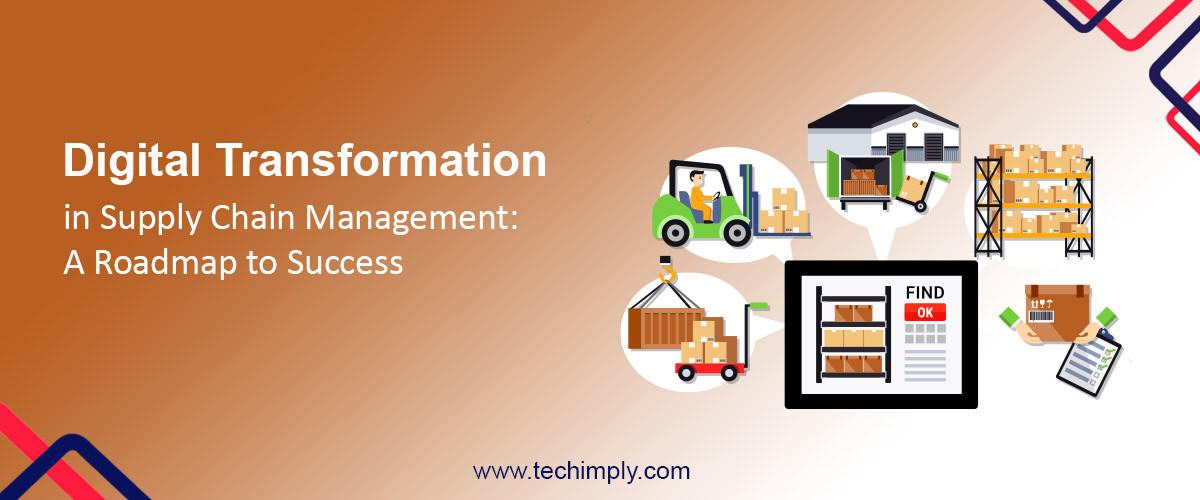Data is transforming and driving big decisions all over the world today. From top world corporations, governments, and higher learning institutions, big data enables them to make the right decisions.
We are also seeing a significant rise in mathematicians, computer scientists, and statisticians in various industries, all working to make sense of all this data using analytics tools and techniques.
The development brings us to the debate of business analytics vs. data analytics.
Data Analyst Vs. Business Analyst
A business analyst will look at your data to improve the business. A data analyst will look at the data to check for consistency, validity, and patterns.
Usually, data analytics analysis focuses on the data without regard to the implications for the business. If it were my business, I would go for a business analyst.
A big corporation can hire a data analyst if they need to. After all, he is looking out for my business, not for the data.
Some of the Reasons that Make Business Analysts stand out:
- Business analysts use data to identify problems and solutions. They often operate at a level where they define strategy and how to communicate with stakeholders.
- Business analysts typically have extensive industry experience in e-commerce, manufacturing, or healthcare. People in this role rely less on the technical aspects of analysis than data analysts, although they need a working knowledge of statistical tools for data visualization.
- Business analysts often exhibit proficiency in modelling and requirements gathering in data science for the company.
- Most Business analysts have a solid background in business administration.
- Many business analysts come from backgrounds in management, business, IT, data science, or related fields.
- A business analyst must develop clear, understandable business and project plans, reports, and data analysis.
- A business analyst works with individuals across the organization to get the information necessary to drive change.
Data Analysts, however, typically run queries against new data to find trends for the organization and help prepare data for the Data Scientists.
Data analysts are more technically oriented and generic. However, some do focus on specific business domains.
Some of the Distinct features of Data Analytics and Data Analysis:
- Data Analysts are usually good at SQL and the core metrics of an organization. The knowledge helps write scripts and produce intuitive visuals.
- Data analysts gather raw data from various sources, clean and transform it, and apply a range of specialized techniques to extract useful information and develop conclusions.
- Data Analysts must show a deep understanding of business analytics vs. Data Analytics or information technology background to unravel the complex statistics, algorithms, and databases.
- Data analysts must show data visualization skills to Identify relevant data sets and add them on the fly.
- Data analysts should translate data into meaningful business insights for the business.
Data analytics course helps in trends and insights used to make organizational decisions. On the other hand, business analytics helps analyze various types of information to make practical, data-driven business decisions. This is the distinguishing feature between the two.
Data Science vs. Business Analytics
Data science and Business Analytics generally go hand in hand with each other in most business processes.
There are, however, some differences, especially when it comes to IT or robotics and functionalities.
Data Science:
- Data Science allows companies to increase sales through data-driven marketing or advertisements.
- Data Science allows for building Artificial Intelligence (AI) systems that learn by communicating with humans and then accurately emulate human responses.
- Data Science helps create a production or manufacturing facility that is more energy-efficient while distributing tasks among skilled labour more strategically.
Business Analytics:
- Business analytics is only limited to business operations.
- Business Analytics is a more specialized field that caters primarily to decision-making and optimizing business processes.
- Business analytics helps survey consumers and make substitute products more accessible and faster.
According to Analytixlabs, India’s top-ranked Data Science Institute, Data Science has helped more than 2,700 top corporations in India make predictive models to counter market mishaps.
Data Analysis and Data Visualization
If you love data or have any basic tech knowledge, these terms, Data Analysis versus business Analytics are not new to you.
Have you ever thought of what they are and how similar or different they are in your day-to-day activities?
A close comparison between Data Analysis and Data Analytics reveals a different perspective-two on techie terms with considerable differences.
-
Data Analysis
Data Analysis involves a detailed examination of the elements or structure of a business process.
Data Analytics is simply the systematic computational analysis of data or statistics.
Data analytics covers a wide area involving handling data to produce helpful decisions with great predictions.
-
Data Visualizations
Data Visualization may sometimes look like a complex terminology to you in this data world and therefore requires translation into visual contexts such as graphs or charts, which includes some basic charts like bar charts, comparison charts, radar charts, etc.
When such information is out there, it is easy to comprehend.
Why Data Visualization?
Apart from helping you to interpret data into comprehensive images for easy decision-making, data visualization helps in the ways below:
- Showcase pertinent data points within large data sets for ease of location and pinpointing helpful information.
- Identify market share to give leverage amongst your competitors.
- Show trends and correlations and demonstrates correlations between data over time used for decision-making.
Getting going with business or information analytics
Every company must use data for advancement and organization software development, from recent startups to well-known international businesses.
The practices of data analytics and service analytics share a common objective of maximizing data to boost performance and solve issues, however, with some essential distinctions.
Whichever path you choose, you'll need to collect pertinent, relied-on information from several resources quickly, easily, and firmly.
Talend Data Fabric speeds up the analytics process by giving a solitary suite of cloud-based self-service applications for data combination and integrity. Including self-service business intelligence. By ensuring the quality of data, stakeholders can make informed business decisions every time.
Because when you're certain of your information's top quality, your stakeholders will certainly be certain they're making the right company decisions every time. Try Talend Information Textile today to start making data-driven decisions.
Conclusion
Business Analytics vs. Data analytics is all driven by having a data culture.
The ultimate goal is to make a long-term strategic decision that will help your company grow.






